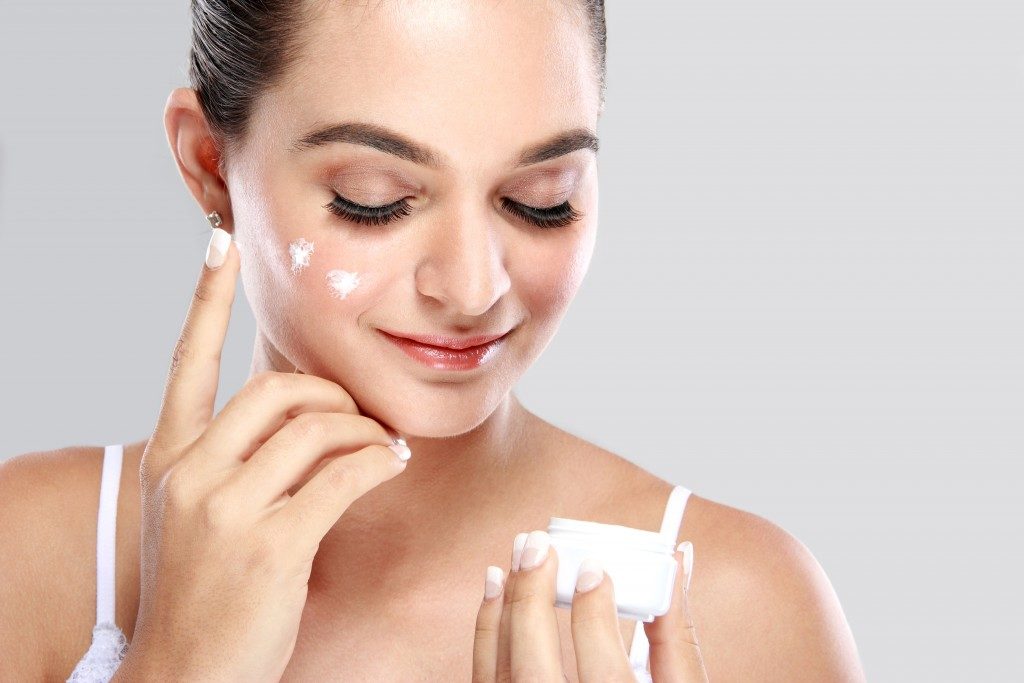Oily skin is caused when the sebaceous glands in our skin are making too much sebum. Sebum is not inherently bad, and is supposed to protect and hydrate the skin. However, too much sebum would lead to acne, clogged pores and blackheads. Excessive sebum production is usually genetic, so it can be very difficult to prevent. But here are some home treatments you can try to reduce the oil in your skin.
Wash regularly and properly
Washing your face often might help alleviate oily skin, but you could be using products and methods that are making it worse. For one, you should wash with warm water and gentle soap. Avoid washing your face with soaps with fragrances, harsh chemicals, and added moisturisers. These can dry out or irritate your skin and cause it to create more sebum. When drying your face, avoid using rough washcloths and loofahs, since their texture might stimulate your skin to produce more oil.
Using products with certain acids, like salicylic acid, glycolic acid, and beta-hydroxy acid, may help if you have acne. Be careful when using them though, since some acids could irritate some skin types.
Use a toner
Some astringent toners may contain alcohol that could dry out the skin. Natural astringents, such as witch hazel, are found to have skin soothing properties.
For a lot of people with oily skin, witch hazel is enough to be their only toner, because its high tannin content makes it anti-inflammatory and a natural astringent. For some, however, natural astringent toners could make enlarged pores look smaller and remove particles that may clog the pores.
There are many toners available in the market and online, like Thayers Witch Hazel Toner, and some may even come with cleansers, such as the Elemis cleanser and toner. However, these products may not work the same for everyone.
Remove excess oil with medicated pads and blotting papers
Blotting papers are easily accessible. They are not meant to treat your skin’s sebum production, but you can use them throughout the day to remove excess oil from your skin so it would not appear too shiny.
You may also try using cloth pads that are medicated with cleansing ingredients, like salicylic acid and glycolic acid. They could also help remove excess oil, and cleanse the pores and skin.
Apply moisturisers

You might think that applying moisturisers would make your skin look greasier, but it can have a lot of benefits for your skin type. If you have a very oily skin, you can try an oil-free moisturiser to keep your skin moist and protected, without the greasy feeling.
Aside from treating sunburns, aloe vera can also be a good moisturiser, and treat acne and oily skin as well. Experts recommend that a product needs at least 10% aloe vera to be an effective moisturiser. Others use pure aloe gel for moisturisation, but it may have ingredients, such as denatured alcohol, which can dry out and irritate the skin.
Before you use any new product on your skin. Test it first on a small patch of your skin to see how your body reacts to it. Do not push through if you experience irritation and discomfort. It would also be best if you consult a dermatologist when this happens.
